“I’m A Mother, and I’m a Mother”: A Eulogy for Evelina, The Hell Lady of the Bronx
Editor’s Note: The texts below include a brief remembrance of the author’s first encounter with Dr. Evelina López Antonetty to commemorate the centennial of her birth of September 19, 1922; followed by a reproduction of a eulogy penned by the author and delivered by Elba Cabrera at her sister’s wake in 1984. All photos, with the exception of the image above, are courtesy of the Joe Conzo Jr. archive and reproduced with permission. Special thanks to Evelina’s sister, Elba Cabrera and and grandson, Joe Conzo Jr.
—
Her assurance filled the air. She smiled. Her hand on her trademark scarf pinned over her heart offset her sparkling eyes that so physically charmed the Hollywood production crew of Paul Newman’s Fort Apache, the Bronx film, she was given a script to read. Dr. Evelina López Antonetty was as confident and determined to challenge the clichéd movie in that cold corporate Time/Life office as she was sipping coffee from her United Bronx Parents home base where she shared the banal story with her community. At that subsequent “Committee Against Fort Apache” (CAFA) meeting, Evelina was as captivating as she was direct. With a no-bullshit response to the scripted excuses for an exploitation motion picture, Dr. Antonetty was the powerhouse in that room in March of 1980 when, as a young reporter for WABC TV Eyewitness News, I saw her in action. She gathered seniors, youth, radicals, and elected officials in this effort to challenge a story embroidered through a systematic racist veil its tonied producers and actors could not see. For a community already ravaged and displaced by landlord-fueled fires, rampant municipal neglect, unemployment, and media disrespect—its people branded by hostile Hollywood West Side Story stereotypes—this was salt on an open wound. A year of protests followed the film through its controversial openings and closings.
Dr. Evelina López Antonetty was already a legend when I met her. As a Latin music and culture writer of the ‘70s, I was familiar with stories guitarist and cuatro master Yomo Toro recalled of Evelina. She’d coaxe him from his Bronx apartment to spend many hours sitting on a milk crate joking, telling stories, and strumming his strings next to a table manned by this relentless dynamo who didn’t let one fan go by without registering them to vote. Exchanging witty repartee, she didn’t let Yomo go until it was dark. Plainspoken, humorous, and passionate, Evelina was the magnet for many.
I met her while going from journalism to motherhood. Although our bond was brief, she taught me much about both. It was through her younger sister Elba Cabrera, editor of the Hispanic Arts Newsletter, that I met Evelina. And it was Elba who requested I write the following eulogy she attempted to read at the wake for this incredible woman as much in touch with her feminine divine as her masculine mystique. Dr. Evelina López Antonetty. An original mother among mothers.
Dr. Evelina López Antonetty
September 19, 1922 – November 19, 1984
Mujer, compañera, luchadora …MADRE! Evelina López Antonetty sparked energy, strength, and courage into these words, standing out as a woman, a mother, and a champion of the Puerto Rican community. She was the biological mother of three, the grandmother of five, the inspirational mother of the young Latino leadership; the mother of mothers who found themselves in a strange, cold land whose language was harsh to their ears and confusing to their minds. She was the mother of a civil rights movement, huddling her diverse children of many hues in the bosom of her solidarity. She was the mother of the South Bronx, giving birth (after a long, hard labor) to United Bronx Parents, Inc.; the mother of our roots; and, with all the fury of a lioness protecting her young, Evelina López Antonetty was a mother to those who would oppose this frontline fighter for freedom, dignity, and unity among all people.
Born in Salinas, Puerto Rico, the eldest of three daughters, Evelina arrived at her aunt's home in New York's "El Barrio" at the tender age of eleven. It was the height of the depression, the backdrop for the simple scenery of her life. It was here that the vibrant spirit of her Tía Vicenta's active community and political participation touched her. Her aunt's fervor for social justice fueled Evelina's formative years.
Her extended family was eventually united in New York, providing a stable bond of love and nurturance during those trying times. By the late '30s, the teenaged Evelina could be found with her aunt conversing with leaders such as Jesús Colón, involved in political campaigns with Vito Mark Antonio in East Harlem, helping people handle evictions, translating information, cutting her teeth on grassroots organizing. Her active efforts with unions led her to become one of the first Latinas hired by District 65, opening many doors to thousands of others looking for union jobs.
After her marriage, Evelina moved to Jackson Avenue in the Bronx. Once her children were in school, she began to organize again, this time lobbying for the development of the Head Start preschool programs. She later became the Supervisor of the first Head Start center in the City. Her inner light shone.
During the Lindsay administration, she organized the Bronx under the Puerto Rican Community Development Project. She listened to the cries of confused parents whose Spanish-speaking children were tested in English, then placed in mental development classes for slow or impaired students. Evelina organized parent sit-ins and demonstrations. She demystified the arrogance and authority of teachers and professionals who misinterpreted the culture of our heritage while breaking the spirit of its future. She inspired the inherent dignity and pride of the community, proving that despite language barriers and poverty, one still possessed the right to self-determination and control. Educational policies changed. Para-professionals, many of them the same parents who previously felt helpless, worked alongside teachers.
Evelina struggled alongside blacks, whites, and Latinos in negotiations that led to the decentralization of schools fought out of Brownsville, Brooklyn. She was a visible and vocal member of the anti-war efforts surrounding Vietnam. She believed in direct and active action among people, and with this belief, she orchestrated many successful demonstrations and take-overs. From one aggressive action on an empty storefront, the United Bronx Parents (UBP) was born in 1965 from a laborious effort to oust a teacher who sexually abused children.
By the 1960s, the country's newfound interest in peace, knowledge, and just causes held nothing new for Evelina López Antonetty. Her concern for youth took her to the streets to work with gangs and young radicals. Concern for her neighborhood moved her to lead in the struggle for community control of Lincoln Hospital—efforts that led directly to the building of the new complex in the '80s.
Evelina never lost sight of her people or her children through it all. Every morning she'd nourish the proud UBP Center with her greeting, "Aqui' stoy." Every visitor was welcomed with a warm smile and a tender embrace. She found time to brew fresh coffee while introducing every member of her staff. Her own children knew their mother was to be shared early on.
"Many were the times we waited on line to come to her with a problem," recalls one of her daughters. "But we were proud of her because, in this way, she taught us independence and self-determination."
Independence and self-determination were the precepts Evelina dreamed of for her community and her beloved island. She was a moving force behind the Comité Lares in the U.N., celebrating Puerto Rico's uprising against Spain while demanding the inclusion of Borinquen on the agenda of the General Assembly. Evelina lobbied for the release of the five Puerto Rican Nationalists and tearfully rejoiced upon their release. Yet, her passion for freedom notwithstanding, she managed to work within the system. She broke bread with every minority group and institution, breaking through barriers of fear, race, and intergenerational confusion.
Meanwhile, United Bronx Parents burgeoned into a full social service agency committed to community empowerment. It was a space filled with creativity and energy. And with Evelina at its helm, it managed to reach far beyond its Bronx-based borders affecting every major institution in the Tri-State area while influencing public policy. Evelina was at the building of Hostos Community College and supported the student's demand for a bilingual/bicultural educational curriculum. She was one of the forces behind MADRE, a national organization supporting Nicaraguan women. Evelina fought against the stereotyping of our community as a member of the Committee Against Fort Apache when she called for the boycotting of exploitative movies.
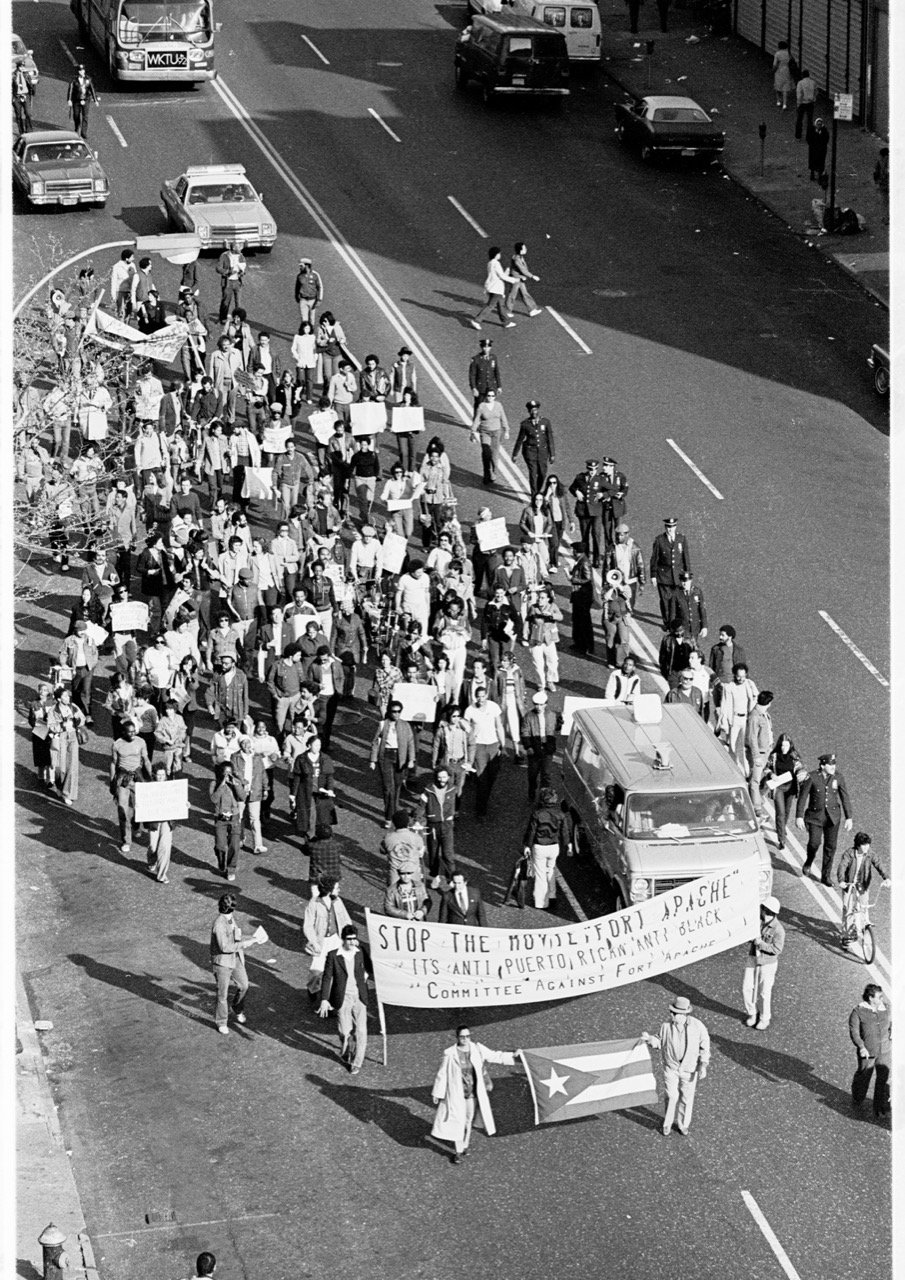
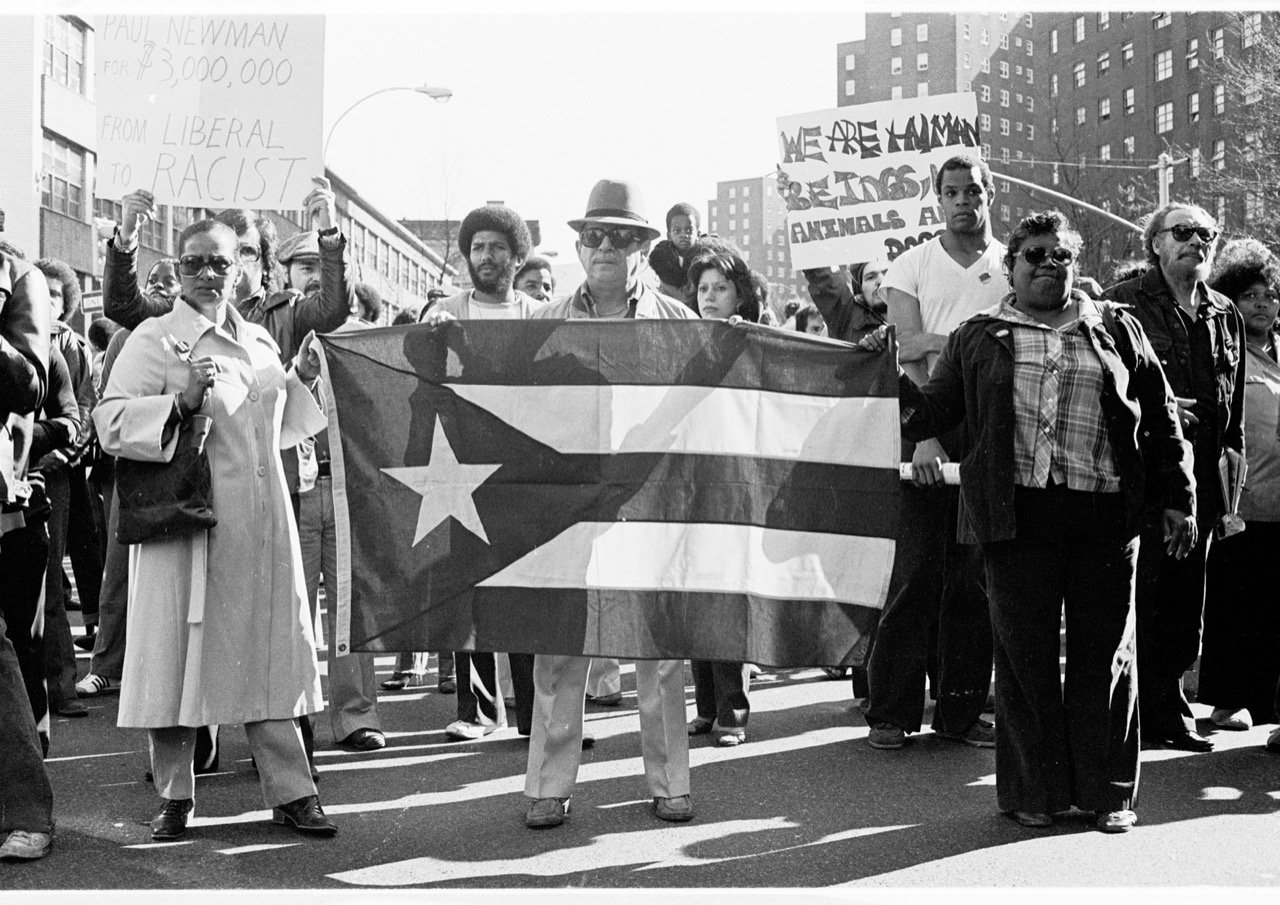
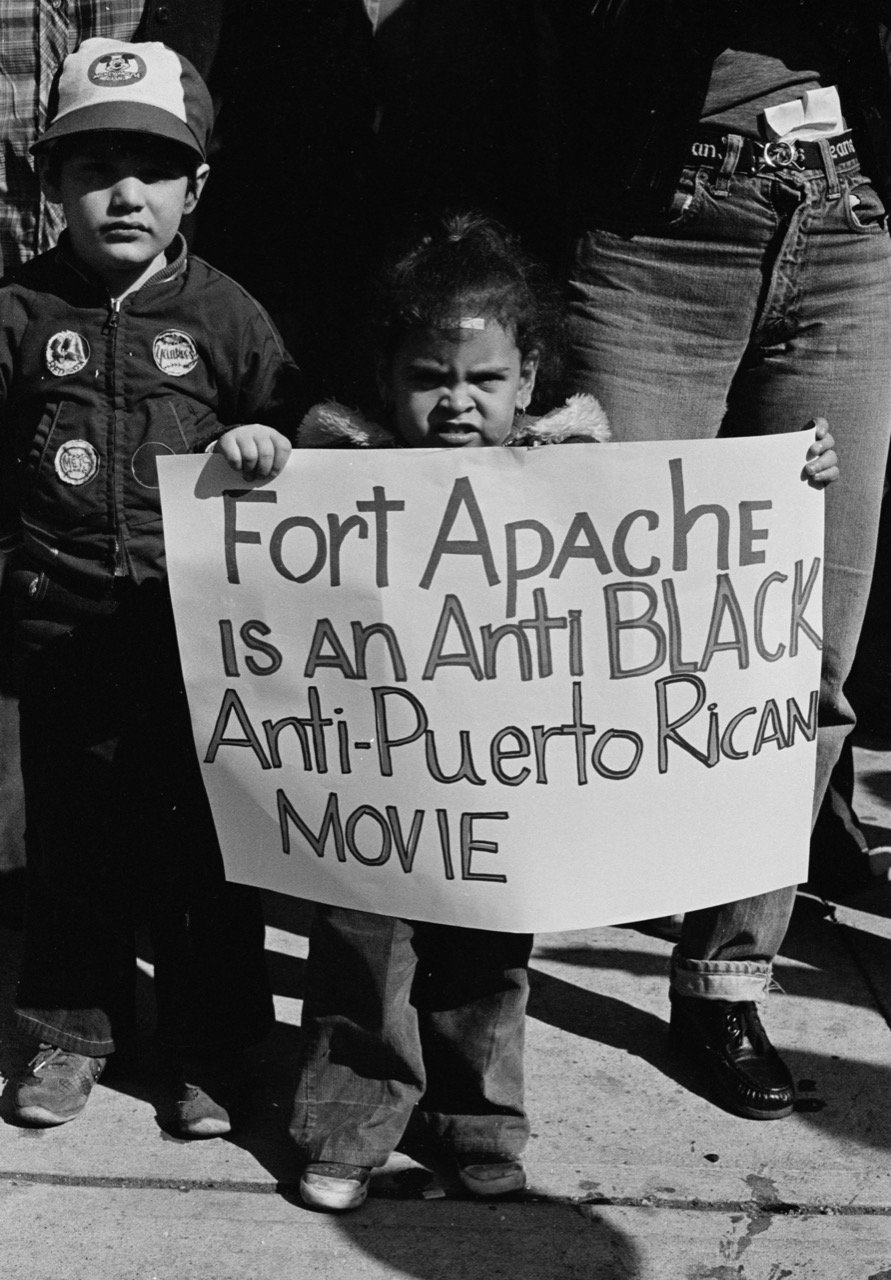
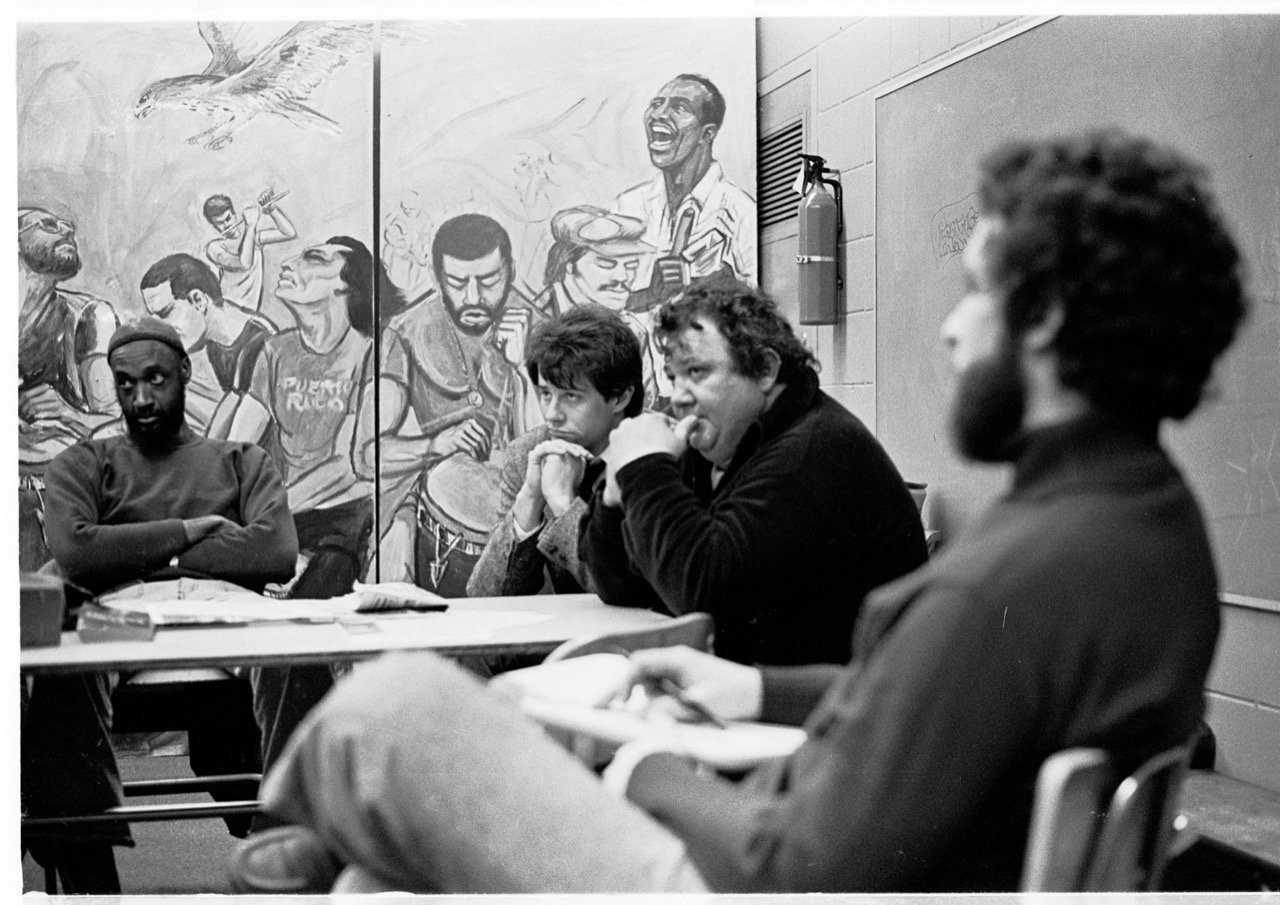
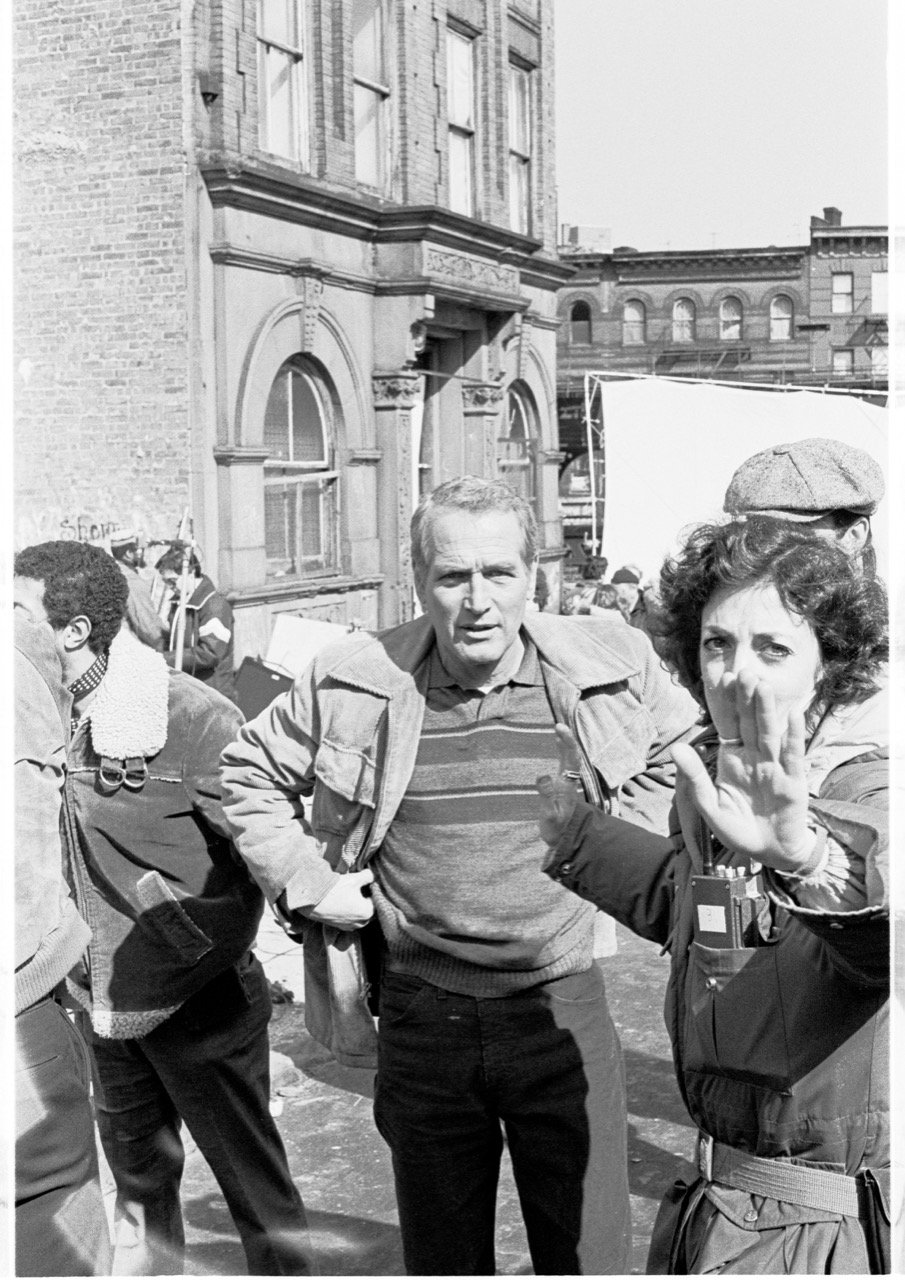
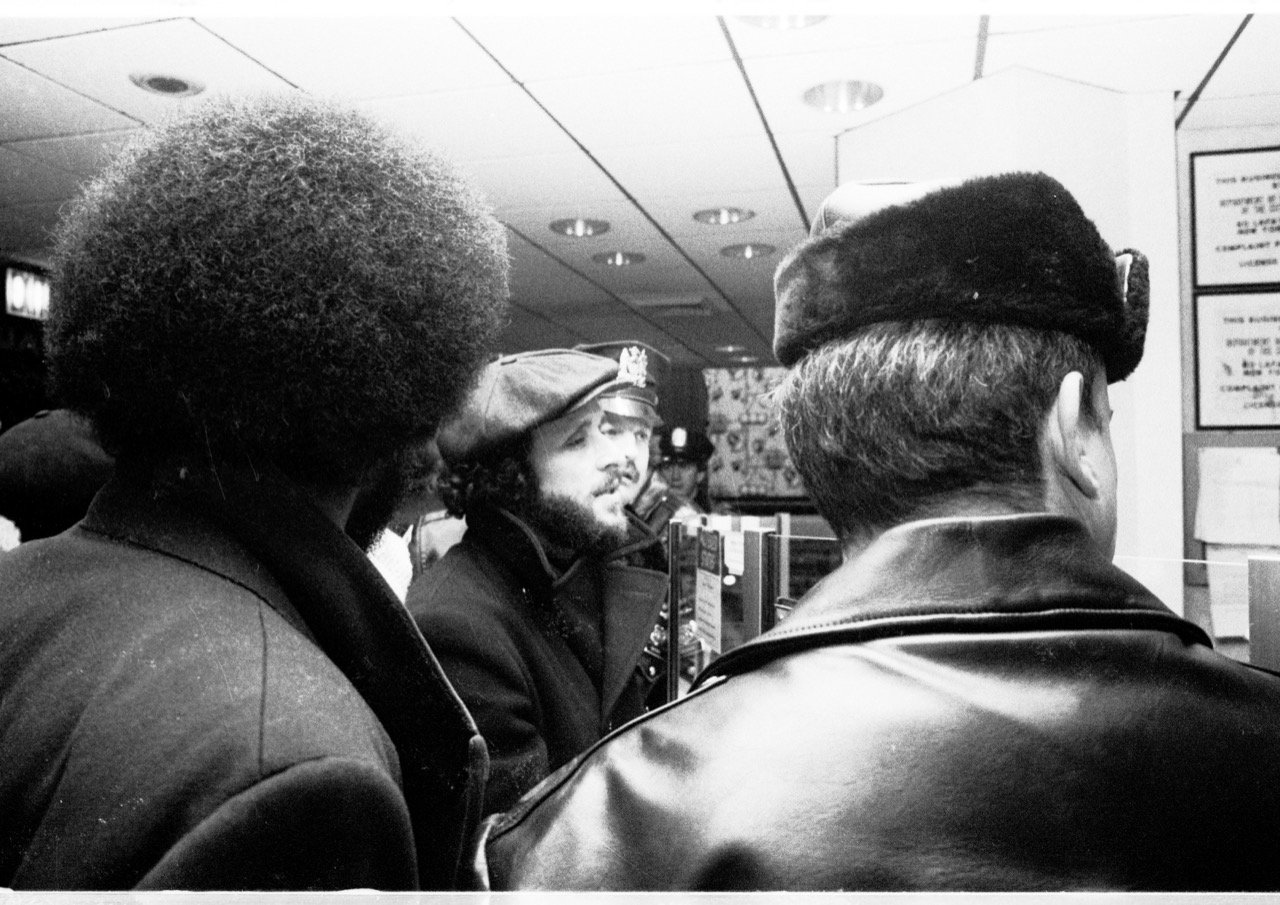
She taught women about themselves and their strengths without undermining the faith of their men. She was a delegate member of the White House Conference on Children and Youth and was affiliated with national and local organizations too numerous to mention. She was presented with many awards and citations, including the Fanny Lou Hammer Award from Women for Racial and Economic Equality, the Abraham Lincoln Award for Human Services, and an Honorary Degree in Humane Letters from Manhattan College. Her love and commitment to community flowed straight from the heart—generous and abundant, as was her passion for social justice. Yet, she was constantly and consistently motivated by the fires that stirred her heart, and in the end, it was her heart that proved the most vulnerable.
Evelina was the epitome of a Woman, and with that force, she was a mother to us all. She moved her comrades and friends as well as those youngsters who only heard of her through word and deed. Evelina embraced young leaders breathing breaths of inspiration into their souls. She cared for the sick and needy instilling strength and conviction where once there reigned fear.
On this day, as a community and as a family, we come together to pay tribute to this legendary woman warrior who does not need our attempts of honor. Instead, we celebrate the joy in our hearts in memory of her image and legacy. We celebrate the hearth spirit that spurred Evelina into our lives, touching our souls and moving our minds. Think of her long enough and feel the warmth of her smile. Think of her long enough and feel the wholeness of her embrace. Think of her long enough, and you might just hear the feisty verve with which she would proclaim:
"Remember kids, I'm a mother, and I'm a mother!"
A Latin from Manhattan, Aurora Flores-Hostos is a BMI composer, writer, producer, educator & entrepreneur, the recipient of numerous awards and included in Who's Who in Hispanic America.
A published author and journalist, she broke barriers as the first woman music correspondent for Billboard Magazine while still attending Columbia University. Her name appears on hundreds of Latin music liner notes and thousands of articles on music, culture, community, and politics over mainstream newspapers, magazines, and media outlets. Her trending interviews can be accessed through YouTube where she features talks with the late Ray Barretto, Johnny Pacheco, Joe Cuba, and many more.
As a BMI composer she writes original music for the Nickelodeon' hit series Dora the Explorer, and for the orchestra Zon del Barrio which she leads and directs, performing from NY to the Caribbean to France's Cotes d'Azur. A play on the words "son,” a musical genre found throughout the islands and U.S. barrio "zones" where people of color work and struggle hard only to party just as hard—Zon del Barrio is NOT your average grandma's "salsa" group. Intergenerational, creative, and co-ed, Zon del Barrio is the sound of Latin music from the mean streets of El Barrio and the Bronx. Rocking the City at sites such as Museum Mile, Lincoln Center, and the Highline, the big band expresses her own original songs rooted in community alongside the virtuoso music from the streets of Latin NY so missing from the scene today.
Aurora can be seen over many documentaries on Latin music, including the Smithsonian’s traveling “Combinacion Perfecta” Latin jazz exhibit and performing with mambo king Tito Puente in the Edward James Olmos documentary: Americanos: Latino Life in the U.S.
She has written for the WNET Latino American series and has a soon-to-be released series on the life and times of salsa music legend: Larry Harlow. She lectures at corporations, colleges, and universities and conducts cultural tours of East Harlem. She speaks virtually on Latin music and culture during lockdown while producing an original song she wrote and recorded with iPhones for social distancing, “Plena Corona de Aurora.” She’s currently writing her memoirs.
Read her latest articles over Medium: https://aurorazdb.medium.com/
Watch her over: https://www.reverbnation.com/zondelbarrio
YouTube: Salsa Conversations: https://www.youtube.com/watch?v=P0nXsTmzibk

